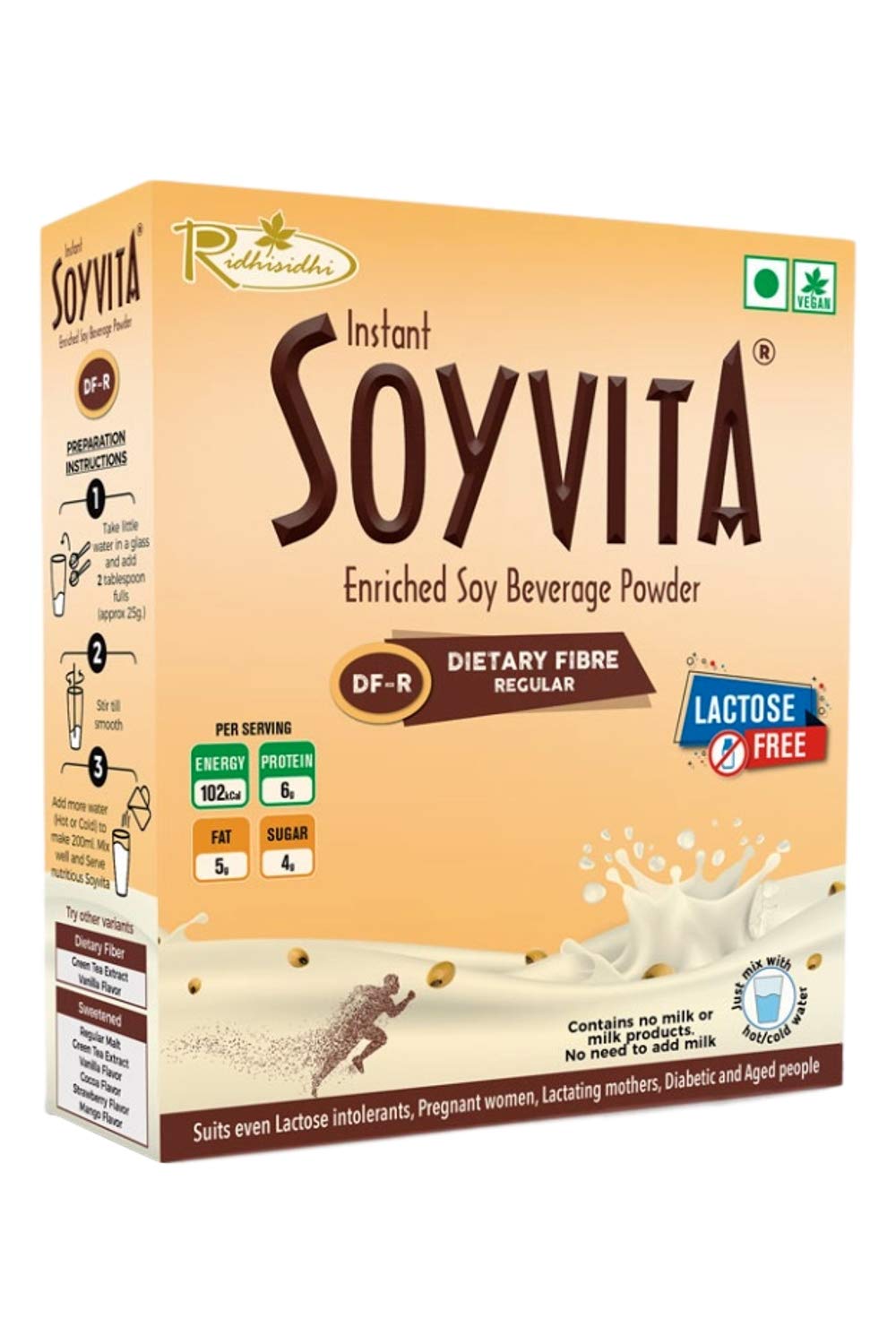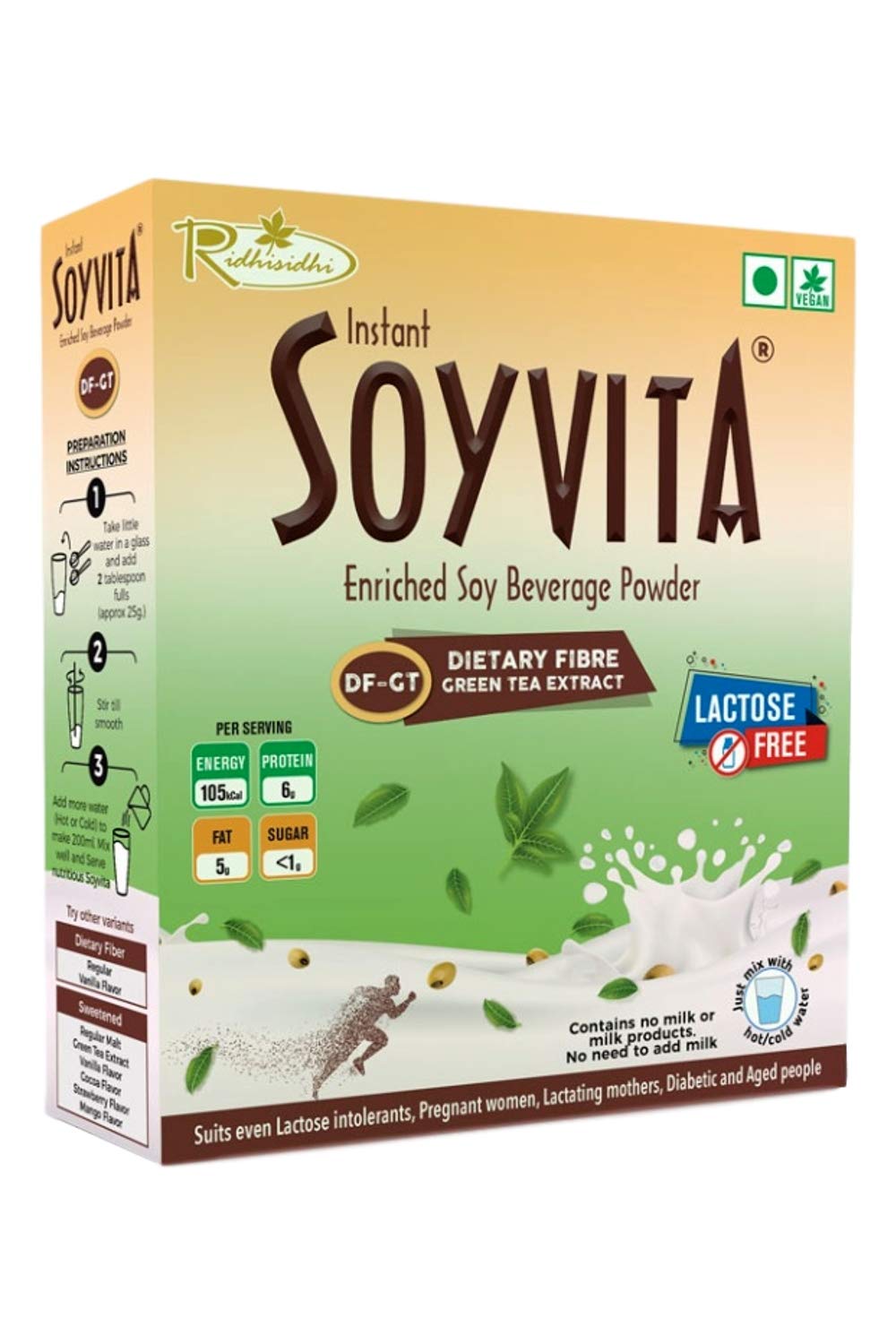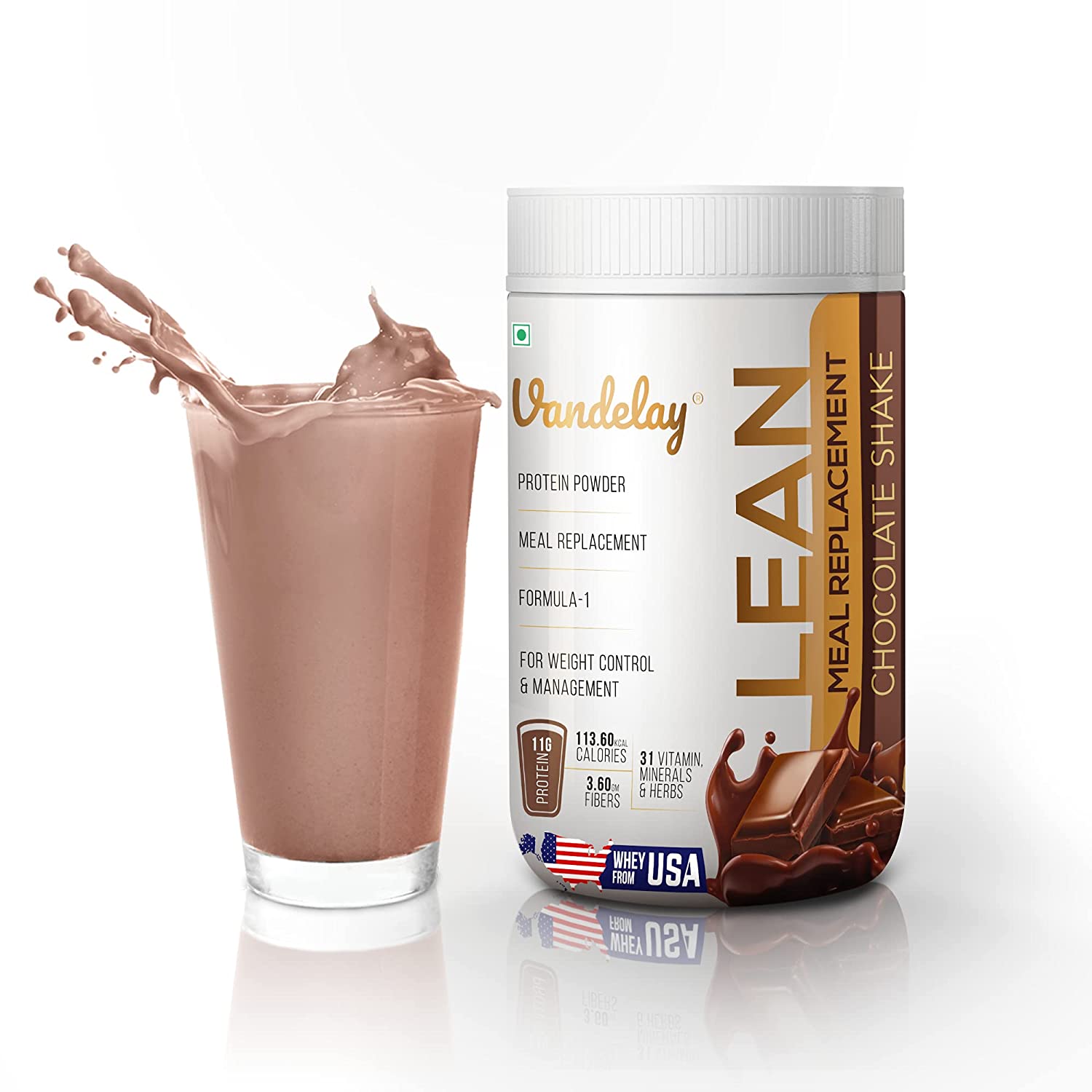M-Inositol
Macronutrient
Last update date: October 11, 2023
It improves depression, anxiety, and other mental disorders. It stimulates the production of the "feel-good" hormones; serotonin and dopamine.
Frequently Asked Questions
1.
What is M-Inositol?
Myo-inositol, also known as M-inositol, is one of the two forms of inositol; the other form is D-chiro-inositol. M-inositol is a natural sugar produced in small quantities by our bodies and is also found in a variety of foods. M-inositol potentially improves mental health and is used in various medical applications though, some more research is needed to prove its medicinal uses.
2.
What is positive impact of M-Inositol?
Improves Insulin Resistance: M-inositol may help improve insulin resistance, which is beneficial for individuals with metabolic syndrome. It can contribute to better management of cholesterol, triglyceride levels, and blood pressure in such cases. PCOS Management: For individuals with polycystic ovary syndrome (PCOS), M-inositol has shown promise in lowering triglyceride levels, improving blood pressure, blood sugar control, ovulation, and pregnancy rates. Reduces Risk of Preterm Birth: In women at higher risk of developing gestational diabetes, M-inositol supplementation may help lower the risk of preterm birth. Mental Health Support: M-inositol is being studied for its potential positive impact on mental health conditions such as depression, anxiety, and obsessive-compulsive disorder (OCD). Although more research is needed, initial findings are encouraging.
3.
What is negative impact of M-Inositol?
Gastrointestinal Issues: In some cases, M-inositol can cause gastrointestinal discomfort such as diarrhea, gas, and nausea. Sleep and Cognitive Effects: M-inositol may cause bloating, sleep difficulties, dizziness, headache, and tiredness in certain individuals. Hypoglycemia Risk: M-inositol may lead to low blood sugar levels (hypoglycemia) in susceptible individuals. Monitoring blood sugar levels is essential, particularly for those with diabetes or who are taking medications that affect blood sugar.
4.
Who should avoid M-Inositol?
M-Inositol, also known as myo-inositol, is generally considered safe for most individuals. However, there are a few groups of people who should avoid using M-Inositol without medical supervision. These include individuals with known allergies to inositol or its components, as well as individuals with bipolar disorder or a history of manic episodes, as M-Inositol may worsen symptoms. Pregnant or breastfeeding women should also consult with their healthcare provider before taking M-Inositol. It is always advisable to seek professional medical advice before starting any new supplement or medication, especially if you have specific health concerns or conditions.
5.
What are common sources of M-Inositol?
Fresh Fruits and Vegetables: Citrus fruits, melons, beans, and leafy green vegetables like spinach and kale are good sources of M-inositol. Beans and Grains: Legumes such as lentils, chickpeas, and soybeans, along with whole grains like brown rice and oats, contain M-inositol. Nuts: Nuts, including almonds and peanuts, are natural sources of M-inositol. Organic and Grass-Fed Meat and Eggs: Meat, particularly organ meats, and eggs from organic and grass-fed sources also contain M-inositol. Milk and Yogurt: Although in smaller amounts, M-inositol can be found in milk and yogurt.














